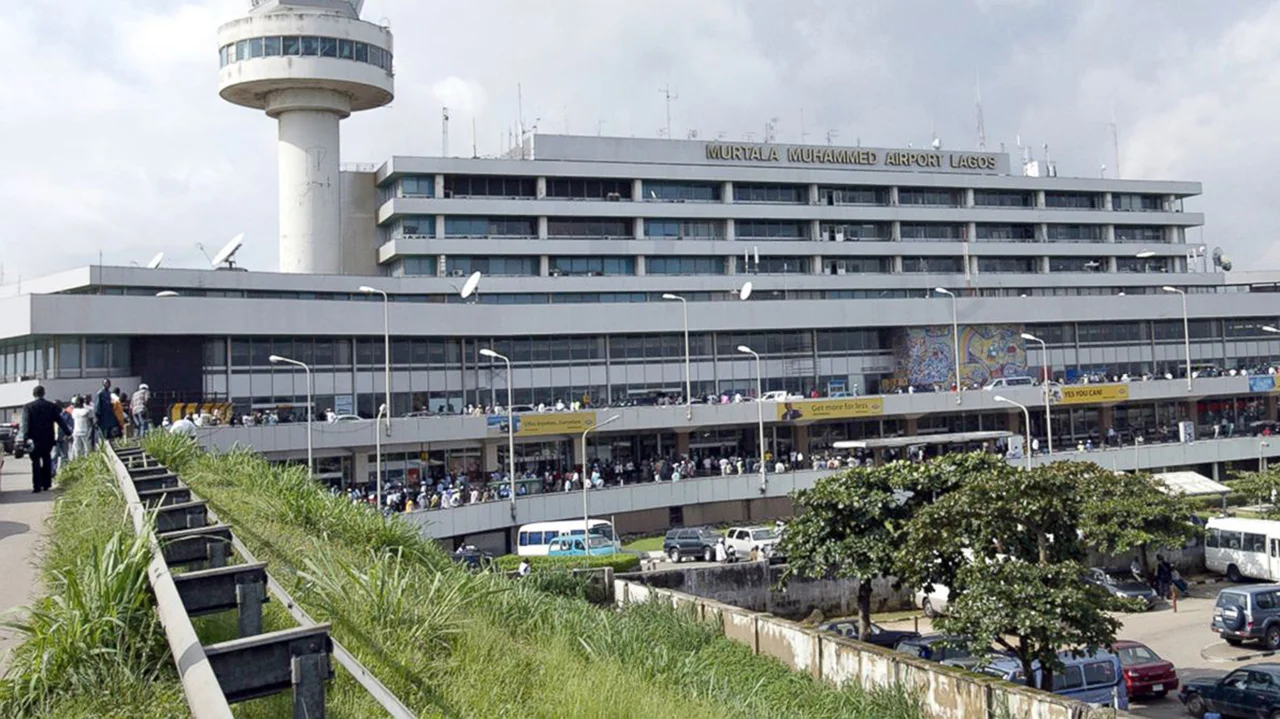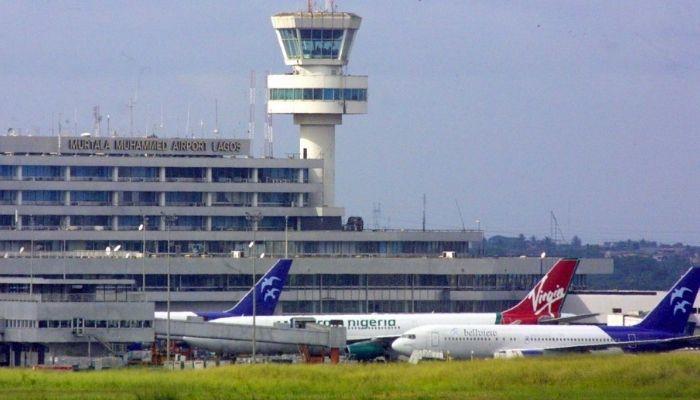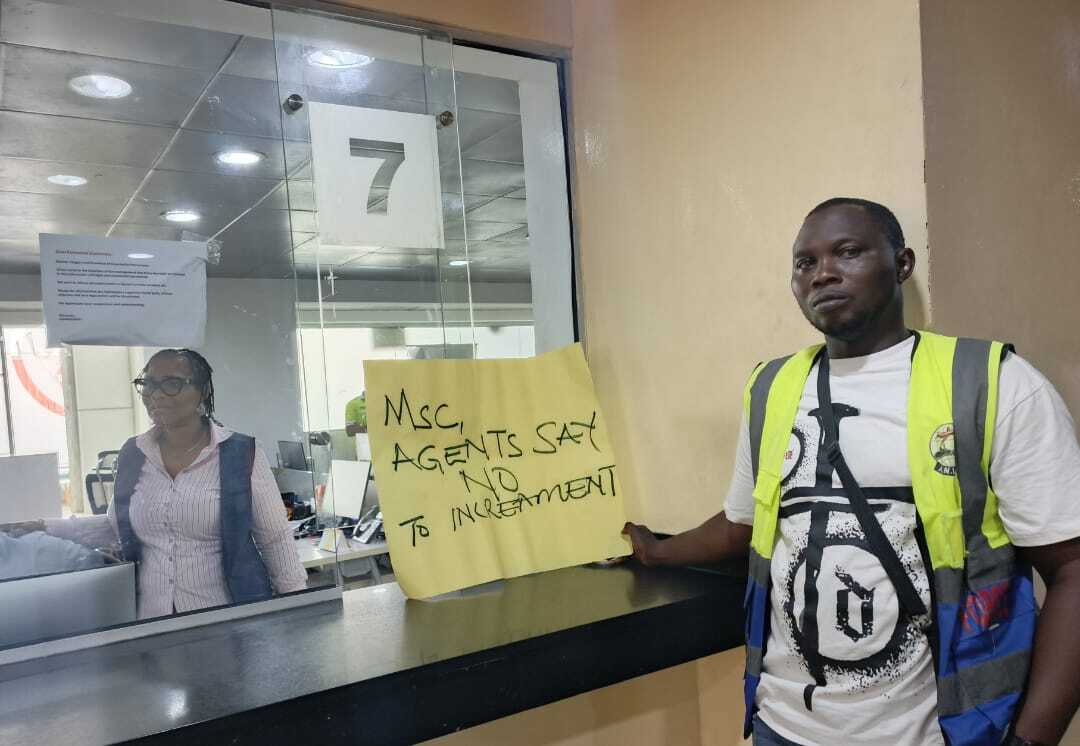
The Federal Airports Authority of Nigeria (FAAN) has rallied airport stakeholders to collaborate towards reducing carbon emissions, especially at the Murtala Muhammad International Airport (MMIA), Lagos.
The Managing Director/Chief Executive of FAAN, Olubunmi Kuku, said the aviation business is at risk without stakeholders collaborating on carbon emissions.
She spoke at the recent Stakeholder Engagement on Carbon Emission Management, which brought together parties in aviation, including airline operators, fuel suppliers and Bi-Courtney Aviation Service Limited (BASL).
Represented by the Director of Special Duties, Henry Agbebire, the MD emphasized that the aviation industry is highly sensitive to bad weather and climate change.
“This could be imagined through a scenario where the global airspace is not accessible by aircraft for a few days due to bad weather.
“This comes with many negative impacts, including economic and social consequences. The aviation industry may be at risk of extinction if such a situation persists for years. This invariably means that our business is at risk if we do not collaborate to ensure reduction and proper management of carbon emissions from our operations,” Agbebire said.
He added that the aviation industry contributes about two per cent of the total global carbon dioxide emissions, out of which airports contribute about five per cent. The percentage contributed by airports is not a mere proportion if its potential negative impacts are critically examined.
“The Airports Council International (ACI) developed the Airport Carbon Accreditation (ACA) programme, which is a robust airport-specific carbon management certification programme developed in line with ISO 14001 standards and the Greenhouse Gas (GHG) Protocol.”
Its aims include helping airports worldwide map, report, reduce, and manage carbon emissions from their operations with the ultimate goal of net-zero emission. This target will significantly reduce the overall carbon footprint of the aviation industry if all hands are on deck.
The guest speaker and CEO of Aviators Africa, Tony Ukachukwu, said Airport carbon emissions pose a significant challenge to the industry’s sustainability.
He stated that Nigeria’s air transport sector contributes approximately 1.4 per cent to the national GDP, adding over 20 million transit through Nigerian airports globally.
He added that collaboration among stakeholders is essential for emission reduction, adding that benefits of collaboration include improved emission reduction outcomes, increased innovation, and enhanced reputation.
“The Federal Airports Authority of Nigeria (FAAN) stands at a critical environmental and economic development crossroads. As Africa’s largest economy and a stewardship
“As Africa’s largest economy and a pivotal hub for West African aviation, Nigeria faces a unique challenge: balancing rapidly growing air transportation needs with sustainable environmental practices.
“The journey towards sustainable aviation begins with a single, unified step. Together, we can transform how we think about travel, technology, and our collective environmental responsibility,” he said.






